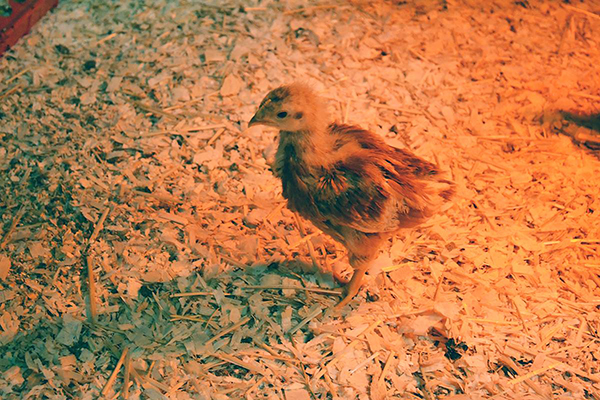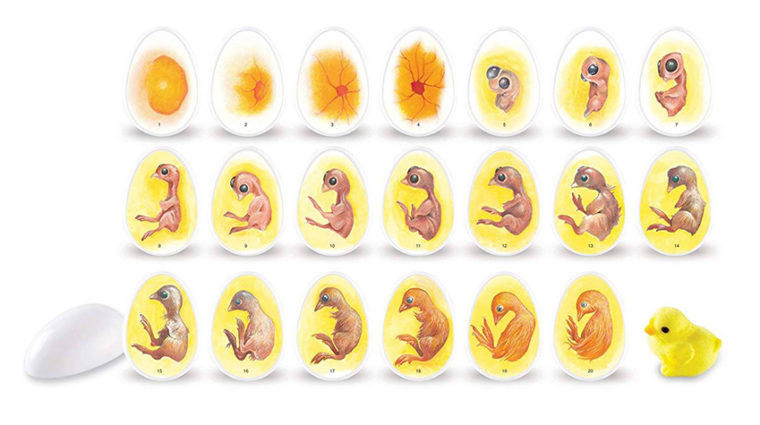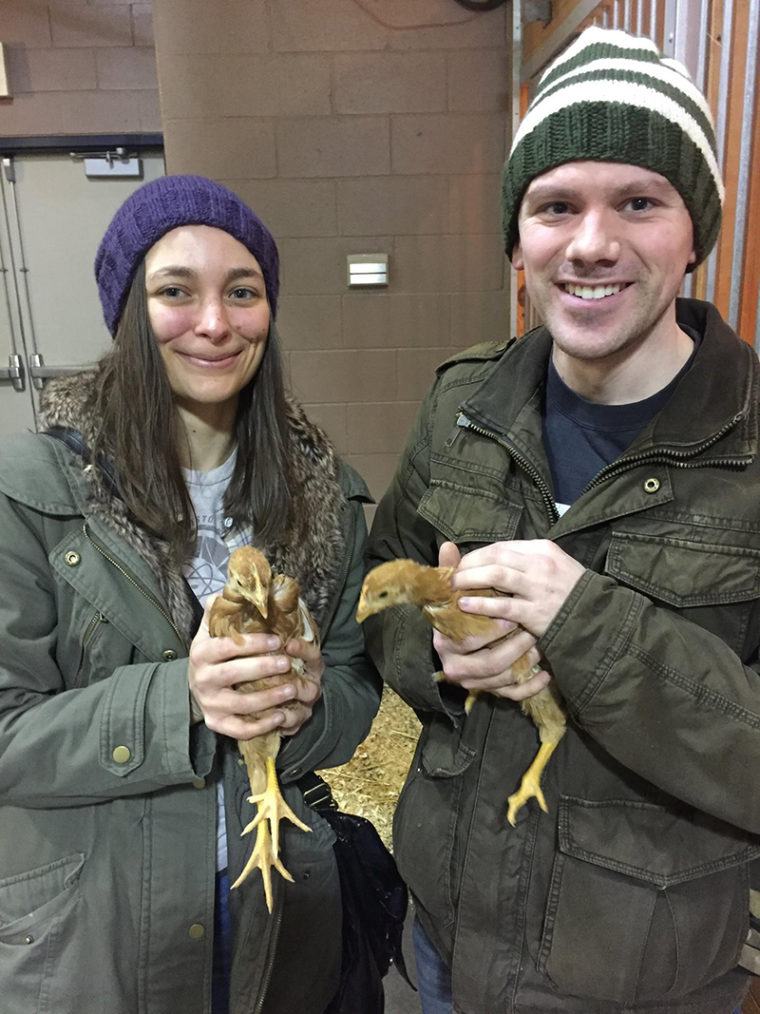There’s no denying it—chicks are absolutely adorable! Seeing them for sale in farm shops, agricultural stores, or online this time of year can certainly be tempting. However, there is much more to purchasing and raising chicks than you would think—from regulations at the state and city level, to caring for fast-growing farm birds, to the impacts on animal shelters like Lollypop Farm. Here’s what you need to know about chick season.
Purchasing live chicks

Chicks generally start showing up in stores mid-to-late February. When you see chicks (whether they be chickens, or baby ducks) for sale at a farm store or online through an agricultural supply site, it may seem an easy and affordable way to build a flock. But before you click “add to cart,” take note of New York State regulations regarding the sale of farm birds. For example, did you know that chicks can only be sold in groups of 6 or more in New York State? This means that at the very least, you’ll be taking on 6 chicks that will quickly grow into hens or roosters.
Even more problematic—it is very difficult to determine the sex of a chick at this early stage in their development. This can result in issues down the line if you purchase a number of chicks and many of them turn out to be roosters. In a normal flock, hens should outnumber roosters. When this balance is off, it can be cause for fights between birds and general unhappiness. Stores may claim to be able to appropriately sex the chicks, but will often not take them back if the birds are not what the buyer expected them to be. Even at Lollypop Farm when young chicks are surrendered, we keep them in our care long enough for them to grow to an age where we can determine their sex, and ensure that adopters get the birds they are looking for.
State and local regulations on farm birds
When considering purchasing chicks, it’s important to check with your town to make sure that your property is appropriately zoned for farm birds. Roosters especially may see more regulations on the local level than hens, due to noise pollution laws. Before purchasing chicks, make sure to check with your local government representatives to ensure that your property is properly zoned.
Alternatives to live hatching for educators

This time of year, we tend to see an increase in the number of chicks and ducklings admitted to the shelter, some of them having been raised in classroom hatching projects. We urge educators to replace bird-hatching projects with learning activities that teach life processes without the use of live animals. The animals raised in these projects often do not receive veterinary care, particularly if they are born sick or deformed in these projects.
And often, educators don’t realize that there are lots of neat alternatives to hatching live chicks for educational purposes, for example, chick life cycle exploration sets! Students can examine the fascinating process that happens inside an egg without actually raising live chicks that require a lifetime of care. When chicks are purchased for hatching programs in a classroom, they often have nowhere to go after the lesson is over and end up being surrendered to shelters like Lollypop Farm.
We also recognize the value that a pet can bring to an educational setting. Prior to adopting a classroom pet, we recommend that there is a primary educator responsible for ensuring the daily care of an adopted pet, including daily feeding and habitat maintenance. We counsel educators that the classroom environment and noise level should be suitable for the pet, and that a pet should never be handled when unsupervised.
Cornell Cooperative Extension provides all sorts of fascinating resources for educators, from egg incubation and hatching cams, to full lesson plans. Explore their resources here.
Educators can purchase chick life cycle sets here and find free classroom resources here.
Adopting chicks or farm birds from Lollypop Farm

If you’re feeling prepared to welcome new farm birds into your flock, consider adoption! When chicks are surrendered to Lollypop Farm in large numbers in the early months of the year, we need the support of our community to find great homes where they will not be used for meat. Generally, there is a wait-list for hen adopters, as it is harder to find homes for roosters.
Much like the state’s regulation about purchasing chicks in groups of six, our farm team will also work with adopters to ensure that farm birds go to homes where they will be part of a flock—whether that means adopting a number of birds together, or bringing birds into a home where there are already feathered friends.
“Raising chickens is an amazing experience, but you just have to be prepared!” says Joanna Dychton, Farm and Safety Manager at Lollypop Farm. Chickens are incredibly intelligent birds and make wonderful farmyard companions. If you’ve done your homework and know what goes into caring for chicks and grown birds, consider adopting!
Interested in adopting from Lollypop Farm? You can view farm birds waiting for homes here, and learn more about the adoption process and associated fees here.


